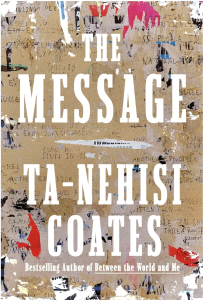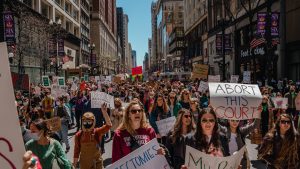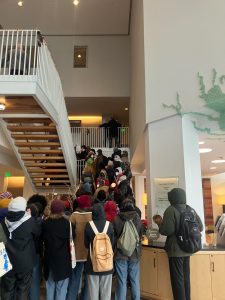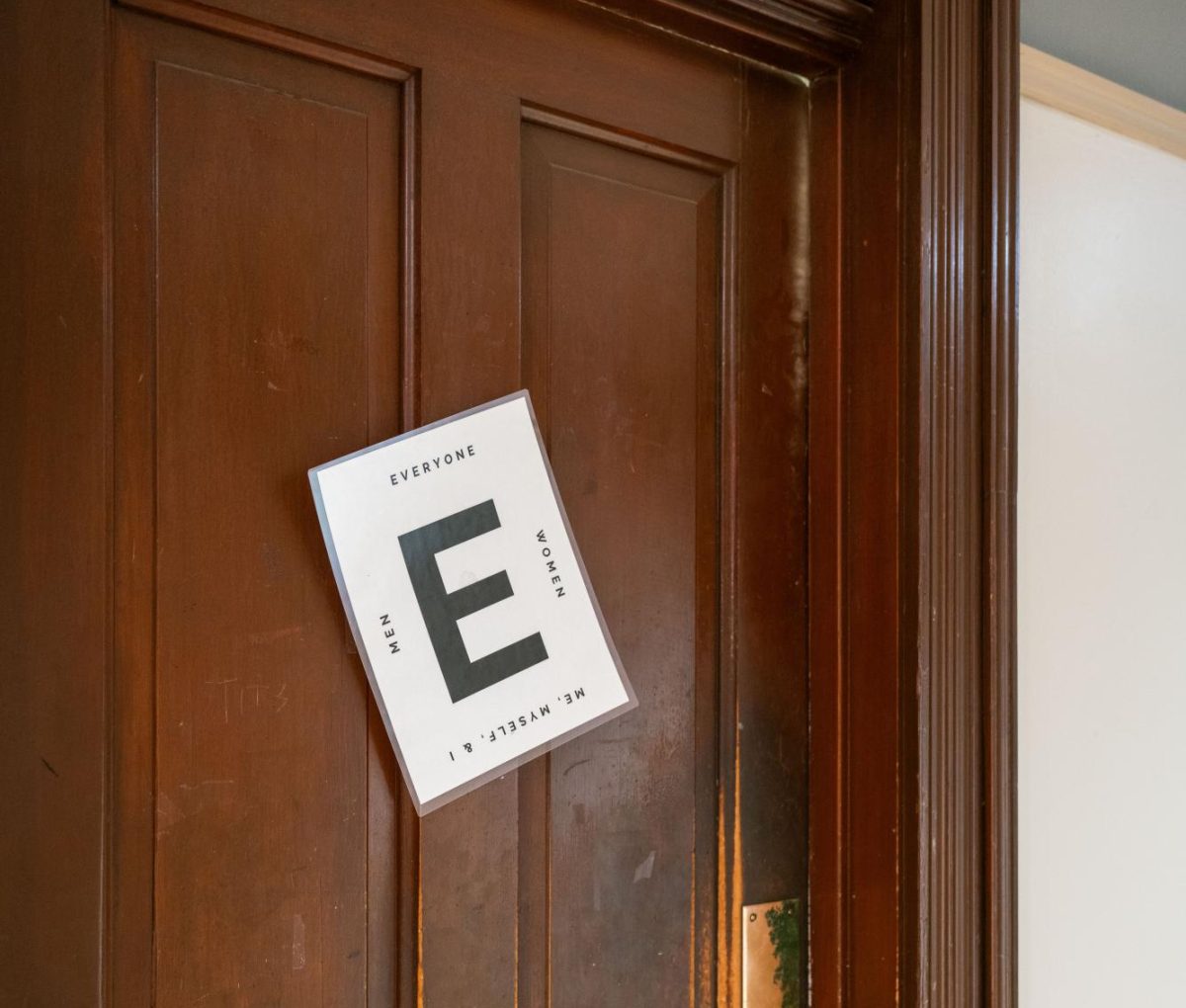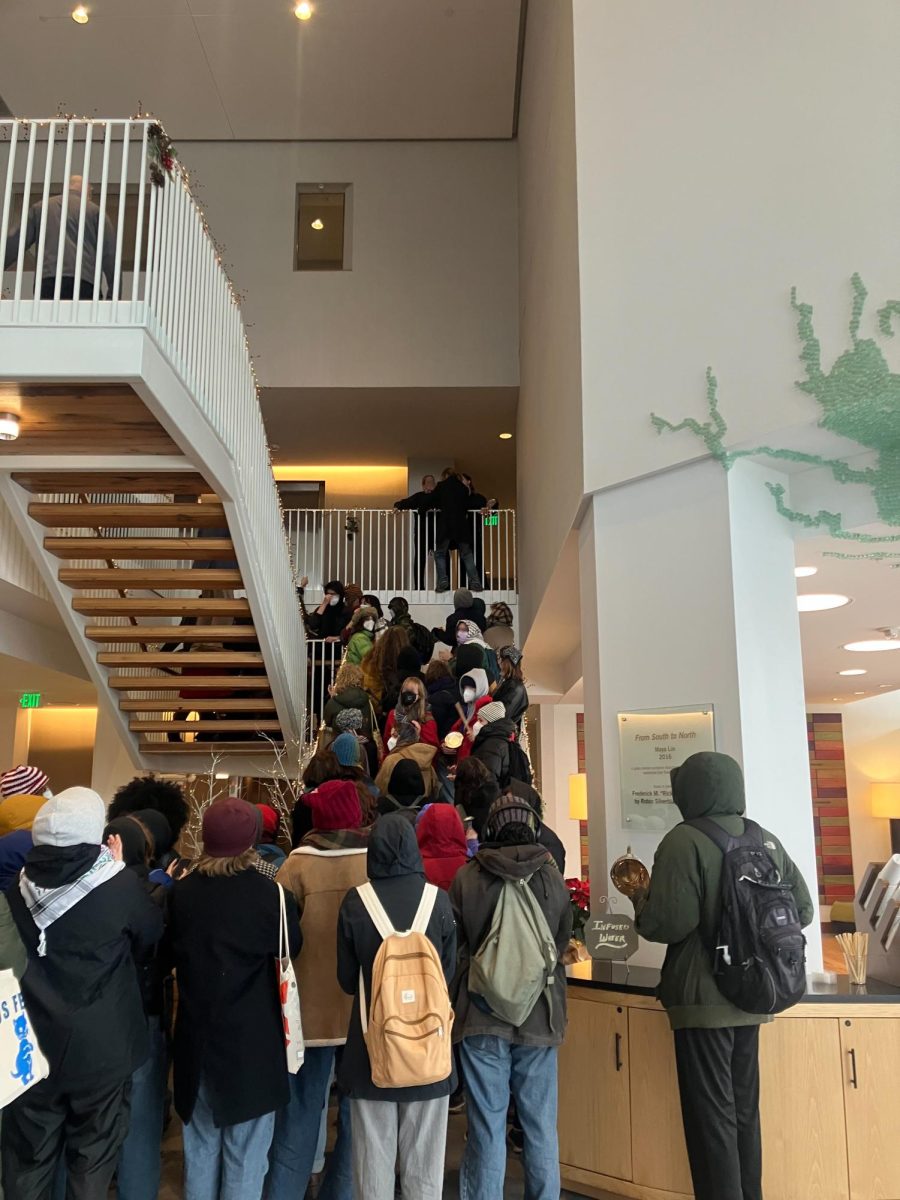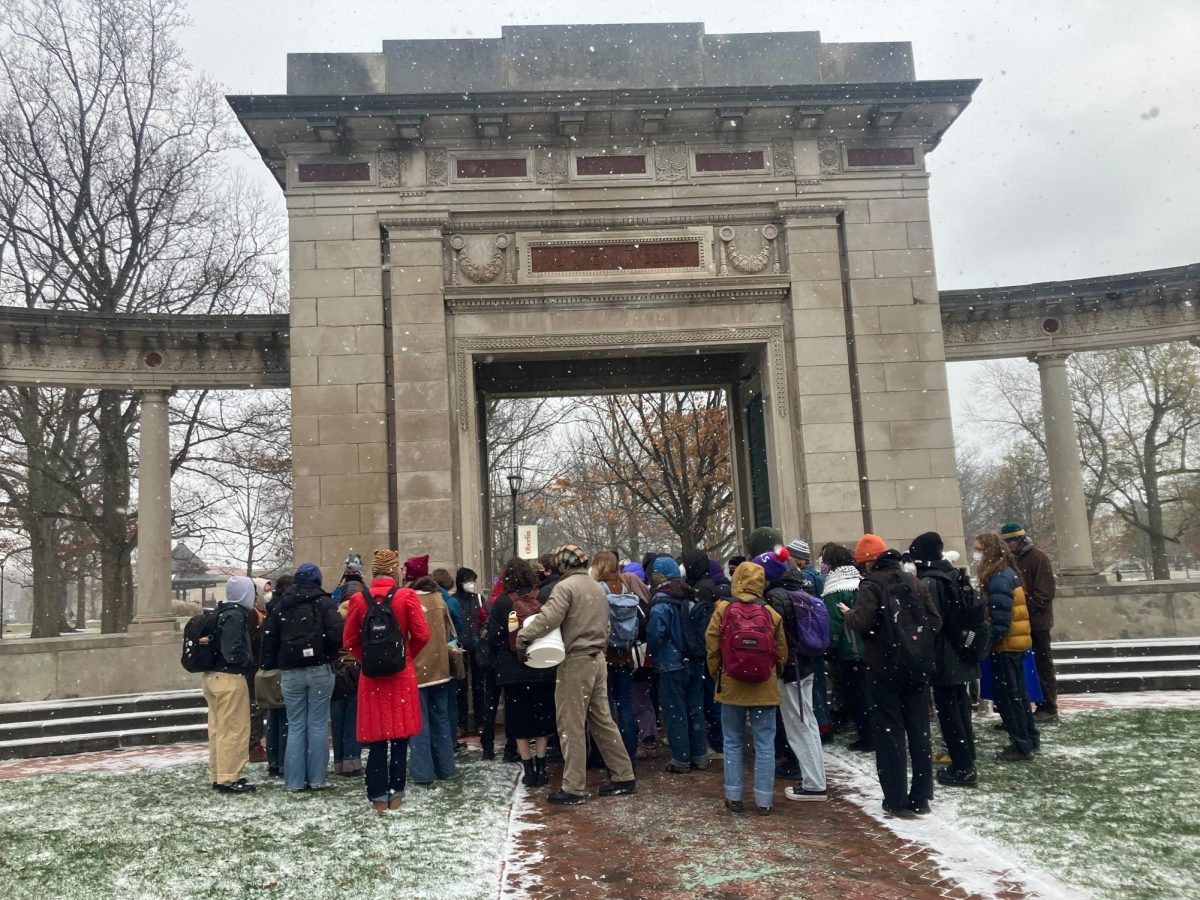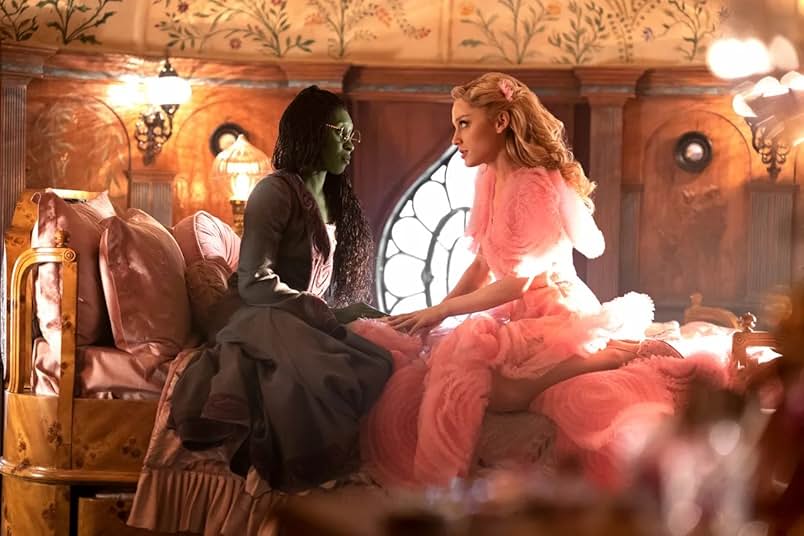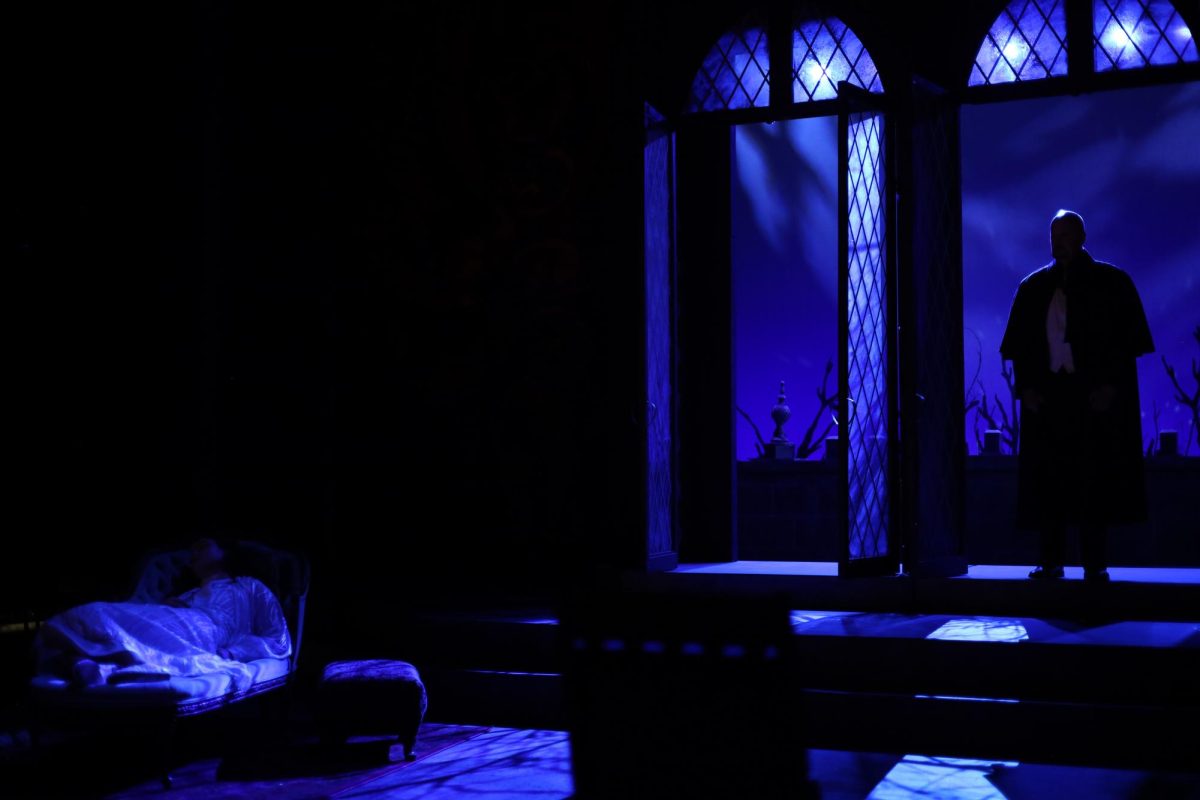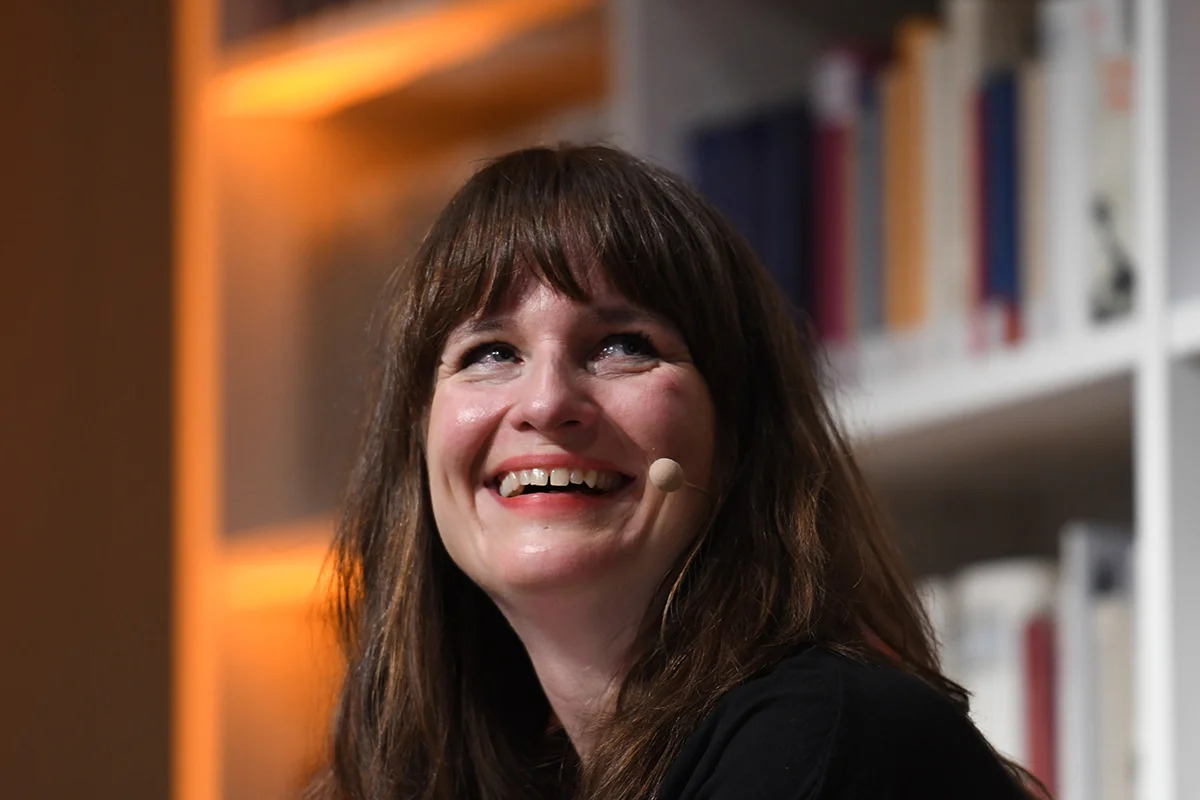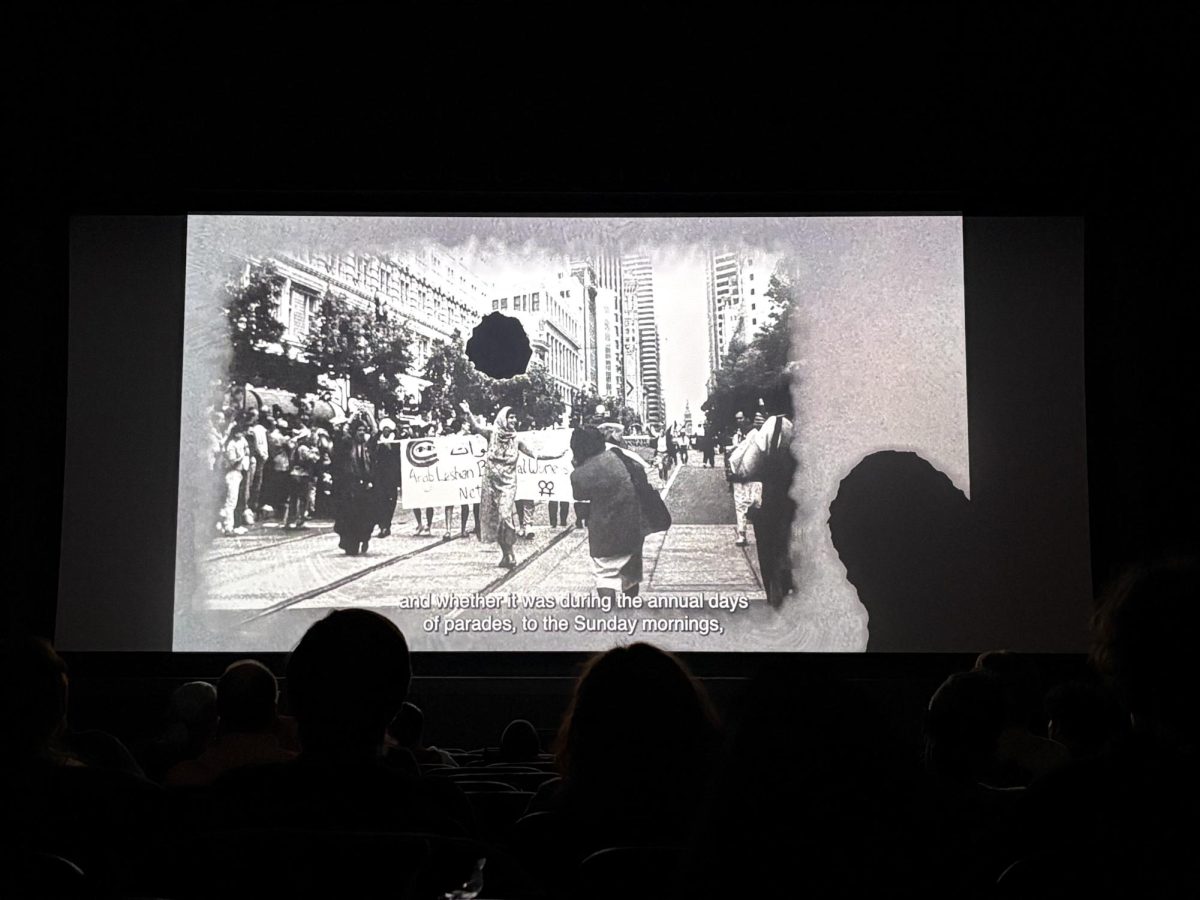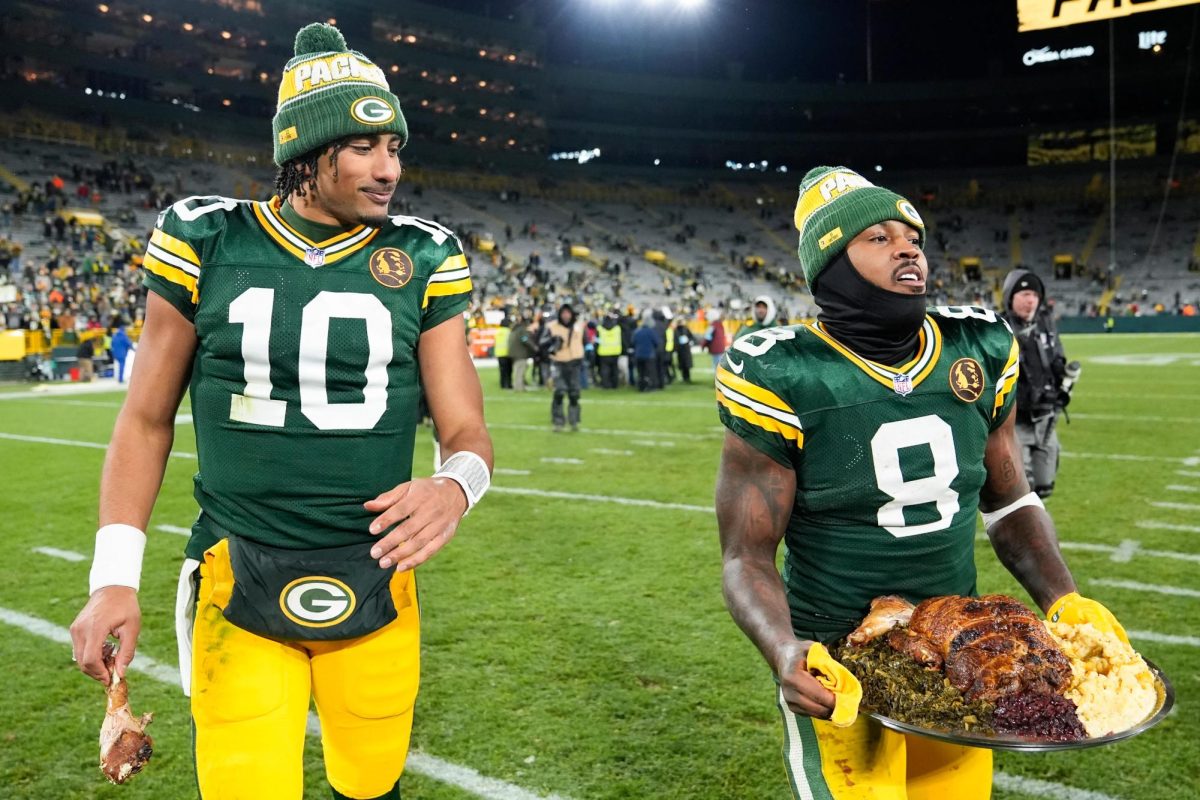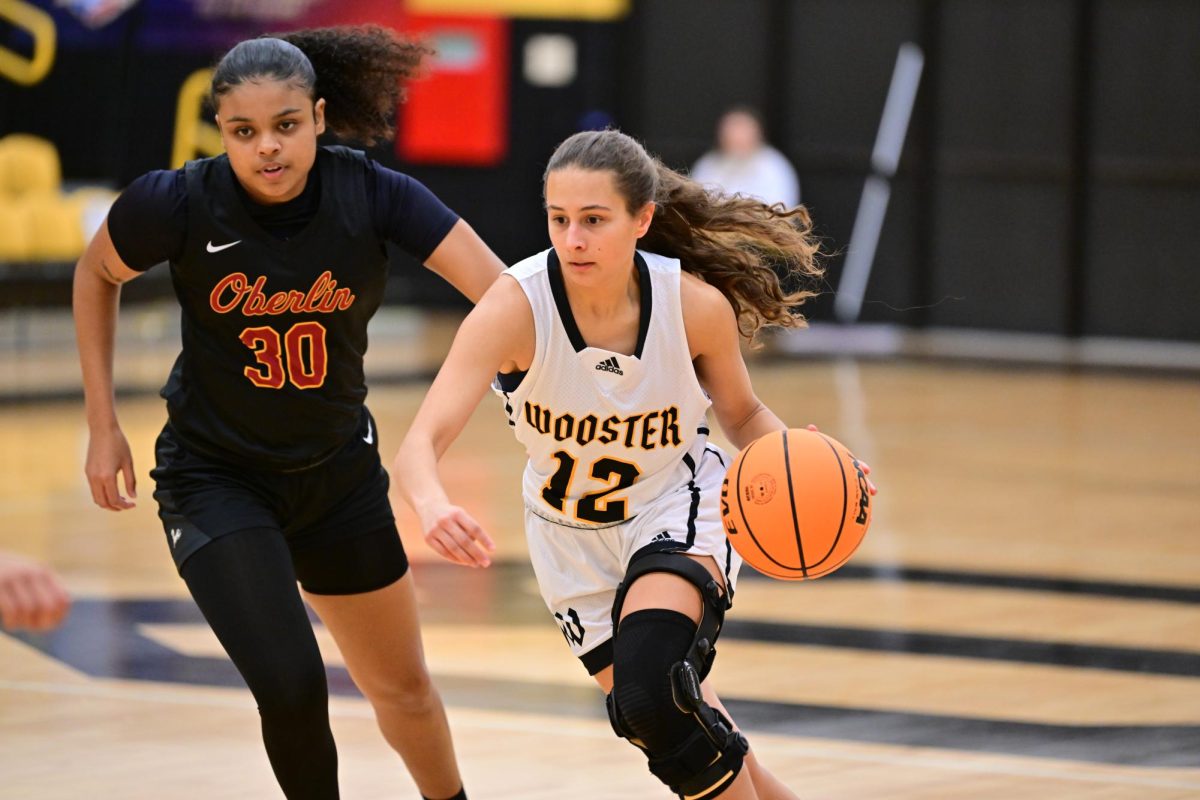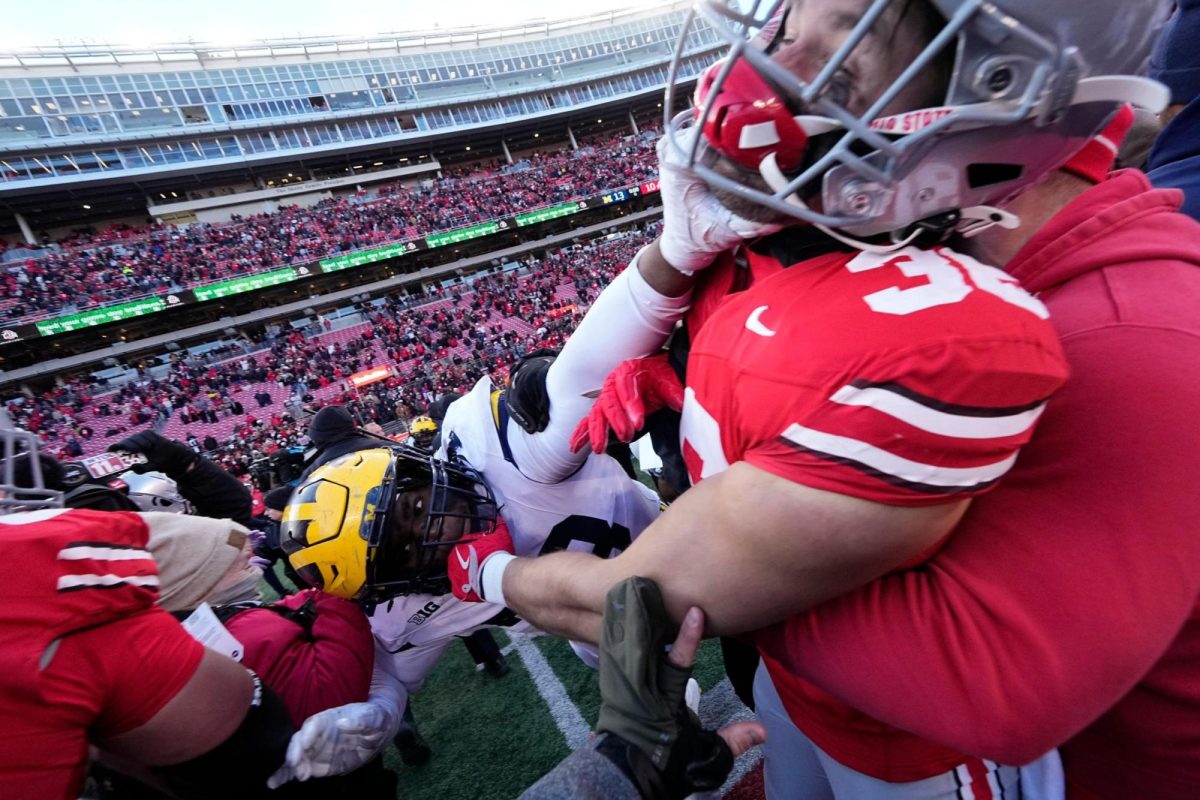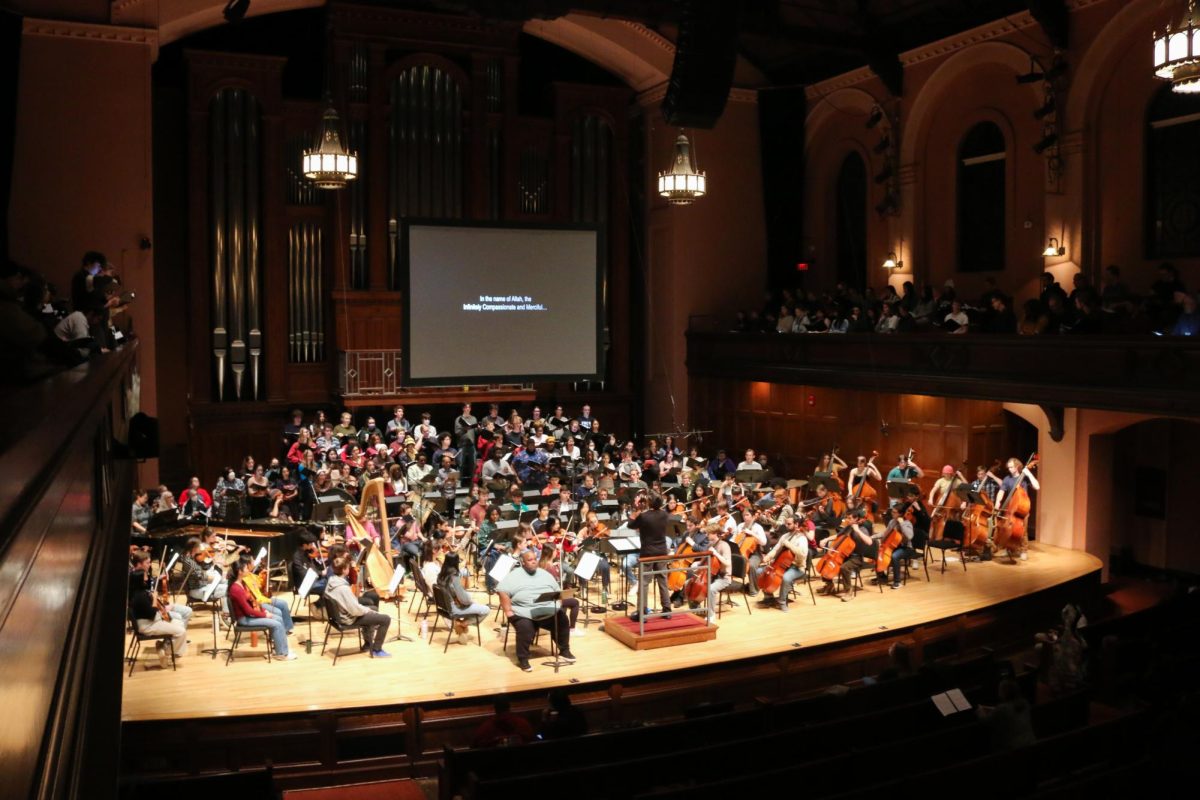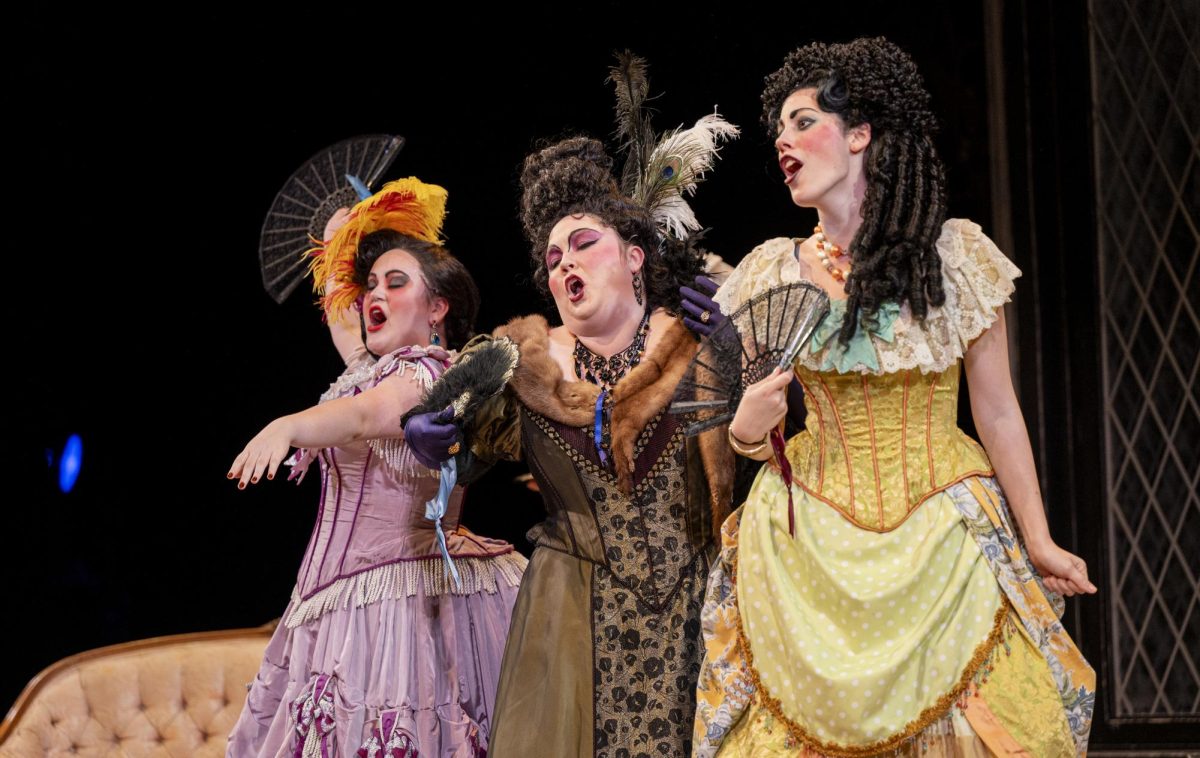Non-Black Allies Must Engage With Protest Critics
December 4, 2015
On Nov. 6, Aaron Pressman wrote a column accusing “students who make up the majority opinion” of stifling dissent on campus (“Discouraging Dissent Stifles Intellectual Growth,” The Oberlin Review). I have heard this “millennial college students don’t want to debate” criticism from many places recently, including friends and family. While I understand the reasoning behind this claim, I believe that it is misguided and worth responding to.
Pressman claims that Oberlin culture precludes the possibility of debate on social justice topics, particularly about Black Lives Matter, and that this culture hampers our Oberlin education. Purportedly, because Oberlin culture is not open to debate on certain topics, the intellectual growth of Oberlin students is stunted.
However, Pressman’s piece does not outline a tangible way in which the Oberlin campus discourages dissent. Nobody is putting their hand over the mouth of dissenters. Nobody is punishing dissenters legally, financially or academically. Instead, Pressman accuses Obies of “dismissing” dissenting viewpoints, refusing to acknowledge the existence of differing opinions and socially ostracizing dissenters.
What does it mean to “dismiss” a certain viewpoint? That sounds a lot like “disagreeing” with a certain viewpoint. I agree that those voicing minority opinions should not be punished, but Obies are not responsible for actively engaging with minority opinions, especially when they are ill-informed or bigoted. What about the social ostracization of dissenters? Pressman even disagrees with himself, arguing that Obies should be allowed to “take measures to avoid interacting with [those with problematic opinions].“
It comes down to this: You are responsible for your own problematic beliefs, you are responsible for any emotional costs incurred while holding these beliefs and you are responsible for any social costs incurred while holding these beliefs. If Oberlin’s campus seems unwelcoming to racist opinions, that’s good for a campus that claims to be inclusive for minority racial and ethnic groups. If you are thinking of saying something that might be racist and you feel uncomfortable about saying it, you are simply feeling the positive effects of decades of progressive action at Oberlin.
It’s worth noting that Oberlin’s majority opinion is a minority in the larger U.S. political sphere. This Thanksgiving, many Obies had the experience of being a dissenter at the dinner table. While it may seem like the radical left is the norm at Oberlin, many leftist students have had the experience of being shut down and disrespected for their beliefs outside of Oberlin. Even on Oberlin’s campus, radical leftist students have been discouraged from speaking out. This isn’t simply a partisan issue.
Oberlin students who are involved in social justice are extremely aware that their political views are a minority. Nobody is “pretend[ing] that mainstream political opinions we deem hateful do not exist,” as Pressman wrote. Social justice activists are then faced with the enormous task of swaying this problematic mainstream opinion. Understanding who is with the movement and who disagrees is an important first step, which is why I think Black Lives Matter has been such an important movement.
Instead of allowing silent complicity, Black Lives Matter has brought racial justice to the forefront of the national dialogue. Those white moderates who claim to be anti-racist but disagree with BLM and their actions have come out of the shadows. As Pressman says about dissenting opinions, “it is best for everyone to know what they are and who holds them.”
One should also be careful of holding marginalized communities to higher standards than the privileged majority. Civility and mutual respect are great to have, but they are often used as weapons against those who protest for their rights. Along these lines, Dr. Martin Luther King Jr. wrote eloquently about “the white moderate who is more devoted to ‘order’ than to justice; who prefers a negative peace which is the absence of tension to a positive peace which is the presence of justice.” It would be exhausting if marginalized people were required to jump into a civil political debate every time someone challenged them. Instead, we should give marginalized people space to express themselves on their own terms.
While I’ve established that marginalized people are not accountable for engaging with dissenters, this does not apply to allies. It is the job of allies to pull people into the movement, to educate them, to care for them. It is the job of allies to be there when someone voices a problematic opinion and to respectfully discuss it.
While Pressman’s piece was a somewhat misguided and blunt critique of the entire social justice establishment, I think his complaint could be specifically applied to allies. In terms of racial justice, it is the job of white and non-Black allies to educate and win over their white peers. I believe we haven’t seen this necessary level of engagement at Oberlin.
There have been multiple efforts to make a space for white people to ask questions about racial justice, but it has been difficult to reach all corners of campus. I recommend the “For White Obies to Educate Ourselves” Facebook group. In the future, I hope to help create more campus institutions that are a resource for people who are struggling with Oberlin’s dominant politics. I want people who feel threatened because of their (potentially problematic) beliefs to feel comfortable talking to white allies and to resolve any issues in productive and respectful conversation. In this way, white and non-Black allies can bring new people into the movement and help further the fight for racial justice.


